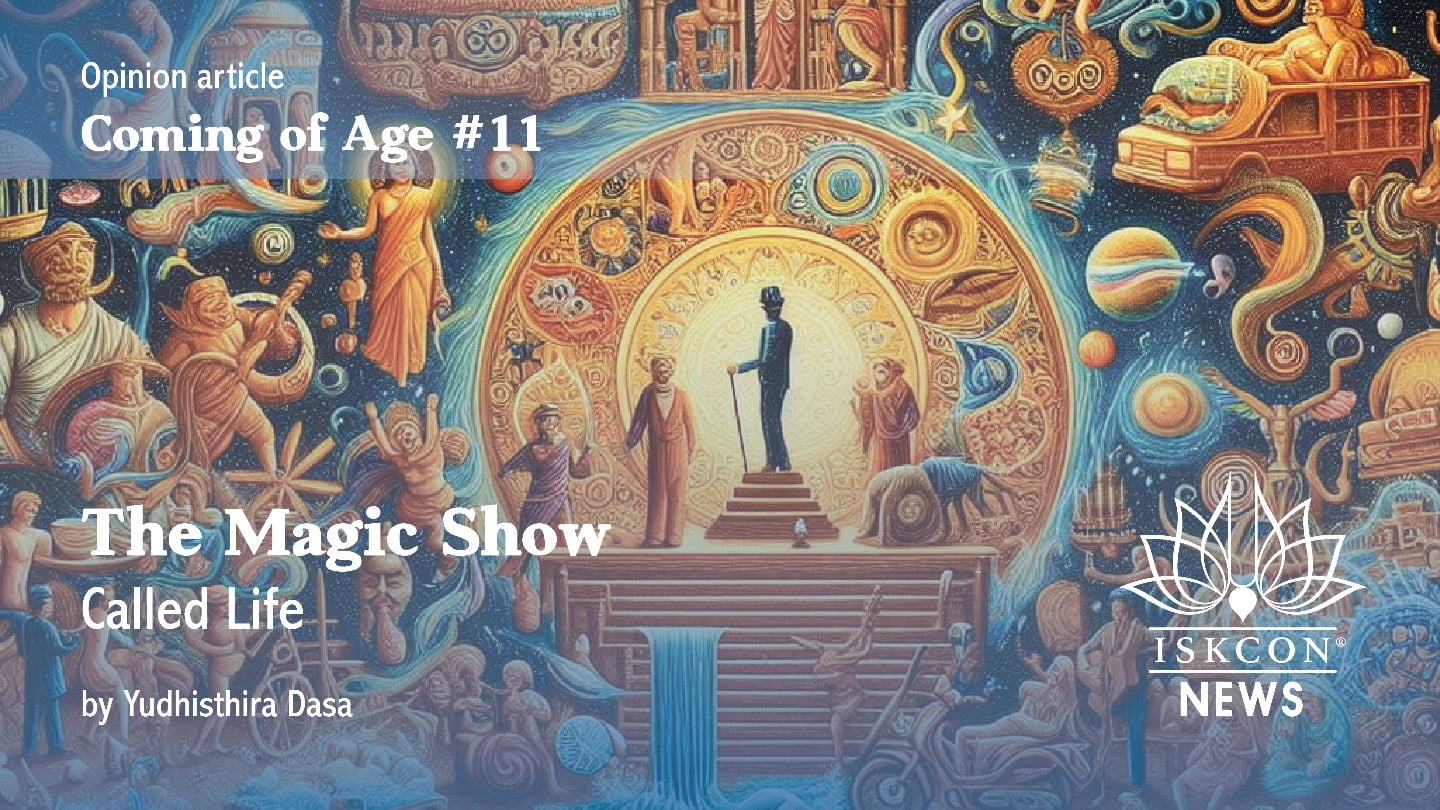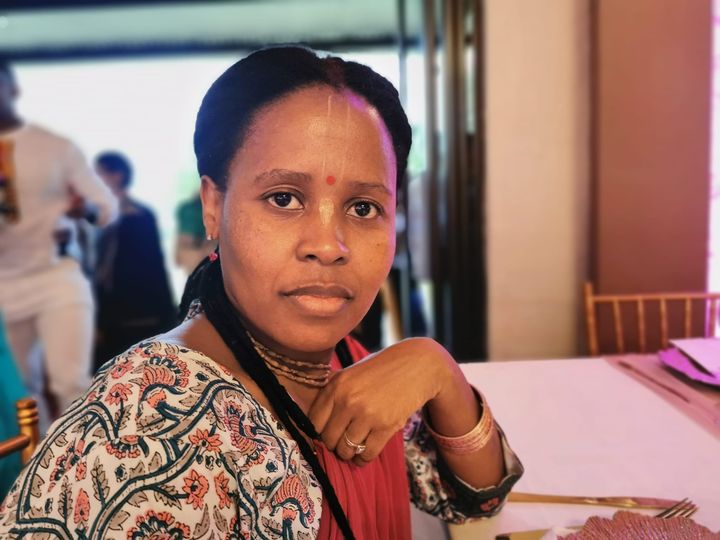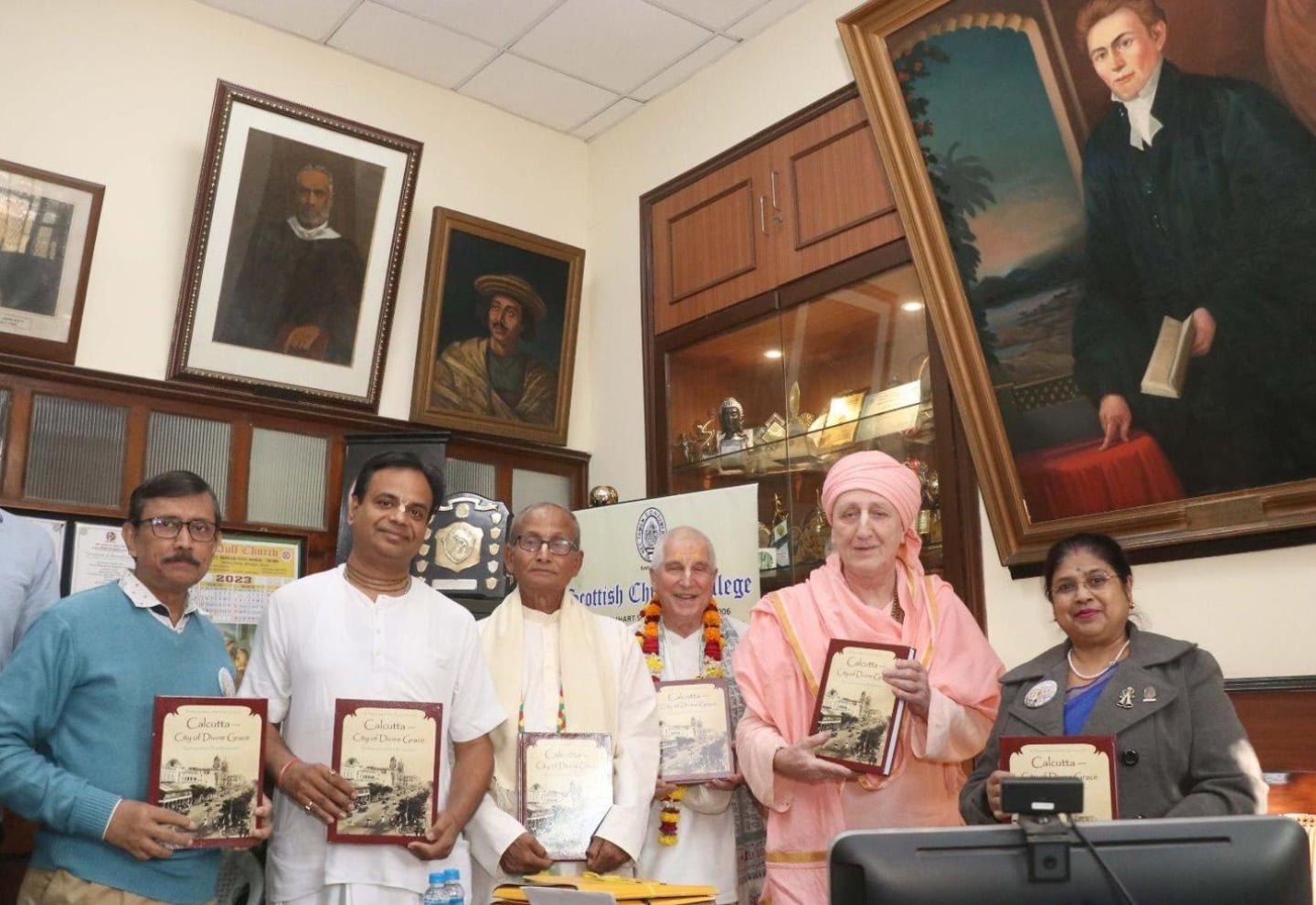‘SR’: Simply Rascals
By Sesa Dasa | Jun 27, 2009

Did you know the words laser, scuba, and radar aren’t technically words. They’re acronyms. Laser is an acronym for light amplification by the stimulated emission radiation. Scuba is an acronym for self-contained underwater breathing apparatus. And, radar is an acronym for radio detection and ranging.
According to Wikipedia, “In 1943, Bell Laboratories coined the term acronym as the name for a word (such as SONAR, Sound Navigation And Ranging) created from the first letters of each word in a series of words.”
While most acronyms haven’t gained the status of words like laser, scuba, and radar, these initialisms have firmly taken root in, and provided shortcuts for, how we communicate. Here’s a short list of political/economic acronyms in the English language, ANC, ASEAN, BJP, CIS, EU, GOP, IMF, IRA, NATO, OAS, OPEC, WHO, VAT. Think about the world-wide implications of these 42 letters (There is a prize for anyone who can correctly decipher each of these acronyms!).
Why this sudden interest in acronyms? What else but to celebrate the birth of the latest political/economic acronym. Earlier this month a new grouping of political/economic bedfellows, Brazil, Russia, India, and China held the inaugural summit of BRIC. Columnist Thomas Walkom writing for the Toronto Star rather humorously summed up the reason for BRIC’s creation in the title of his June 20, 2009 piece, “Throwing a BRIC at the world’s reigning currency.” Their purpose was to discuss their growing concerns about the American dollar.
Walkom explains, “Since 1945, the American dollar has been the linchpin of the world economy, the common currency of account for all countries engaged in trade. More important, it has been the world’s safest currency – the place where investors go to protect the value of their assets when they fear all else.”
Enter the current world economic crisis ushered in by the US financial collapse last fall. Things are different now and the BRIC alliance, which together holds about 40 percent of the world’s hard currency reserves (China alone holding nearly $1.43 trillion in U.S. dollars reserves), is running scared.
Discussing US government moves to address the crisis Walkom notes, “All of these moves have raised the prospect of inflation in the U.S., inflation which – by definition – would lower the greenback’s value. Yet, investors fearing such a decline in the value of their U.S. dollar assets must park their money somewhere. It seems they have chosen oil. Like gold, oil is limited in supply. Unlike gold, it has a use beyond the ornamental. Regardless of the recession, people still need to drive cars and heat their homes. And so the flood to oil. Some commodity traders have been surprised by the sheer scale of demand for oil futures, tradable contracts that reflect where the price of petroleum is expected to go. They note that this demand bears little relationship to the world economy’s real needs. But real needs are not the point. For the time being, at least, oil has become the new gold – a physical commodity that people buy because they believe it will keep its value.”
Something is very wrong with this picture. So let’s go over it one step at a time. There is an acknowledged need for economic stability, OK. The U.S. dollar is no longer trusted to provide that stability, OK. Stability is linked to the world economy’s real needs, OK but BRIC seems to miss this point. Previously in such unstable economic circumstances gold provided stability, OK. Gold doesn’t have a use beyond ornamental, questionable, but I’ll accept. Oil is linked to needs such as driving cars and heating homes, wait here it is. I have a problem with these “needs” being the real needs of people. Therefore, investment in oil will create economic stability, nope absent real needs this doesn’t follow. In my book economic stability must be based on real needs.
During a December 1973 morning walk in Los Angeles Srila Prabhupada was asked specifically about inflation and the real needs of people that should be the basis of economic stability:
Prajapati: Actually, I was concerned this morning about inflation. The government and the newspapers, they say the biggest problem today is inflation. From our Krishna conscious standpoint, how can we cure this problem of inflation?
Prabhupada: It is very simple. Don’t accept paper currency. It must be gold or some metal worth. Just like one dollar, it must be worth one dollar metal. Then it is solved. But they want to cheat. How it can be solved? Because if I pay you one dollar, I must pay you value for one dollar. But it is the cheating process is going on, "I pay you one dollar, a piece of paper. That’s all." So you accept cheating, and I also cheat. Government allows. So how the problem can be solved? It is cheating. But the government allows it as law. And you accept, I accept. Then how they can be solved, solution? This is the solution.
Bahulasva: Real money is gold and silver.
Prabhupada: Any… It must be value. According to the market price, it must be value. Whatever it may be. Gold is taken, because gold is the most valuable metal. A small piece of gold, it can carry two hundred dollars. But if I give you iron, then you have to bring another, what is called, bus, to carry it. So therefore gold standard is accepted everywhere. There is a standard price of gold, so when I pay you money, it must be, carry the value in gold. That’s all. Then there is no inflation. The people want to be cheated, and people cheat. That’s all.
It’s interesting to note that not only did Srila Prabhupada concur on the problems of currency inflation; he also expressed a willingness to accept any standard, as long as that standard actually holds its value, as a basis for economic stability. He did not dogmatically adhere to the gold standard, but was flexible. As the discussion continued he focused on the question of real needs. From Srila Prabhupada’s perspective, dependence on oil is a part of the problem not the solution to the problem.
Prabhupada: The money is to be kept in cattle and grains. That is Indian economy, cattle and grains. If you have got many cows, you get milk. Milk preparation. And if you have got grain, then where is your problem? You prepare your foodstuff at home and eat and chant Hare Krishna. Where is your problem? You want to eat and live peacefully. So if you have got grains and milk, you have got enough food and there is no problem. You haven’t got to go fifty miles for your work, and then you require a tin car. So many problems. But if you get your food at home, then eat them and chant Hare Krishna and go back to home, back to Godhead. Simple thing.
So why don’t people, governments, and specifically BRIC which includes India, accept this solution. For the answer to this question we return to the subject of acronyms.
In his book With Srila Prabhupada in the Early Days, 1966-1969, Satsvarupa das Goswami writes about an early ISKCON acronym, “Prabhupada made up a saying that those who didn’t take to Krishna consciousness were ‘simply rascals.’ He said we should make up a button that says “SR” on it, and when we meet someone who doesn’t believe in God or Krishna, we can give them this button and say, ‘Here, you are SR.’ Sometimes Prabhupada referred to someone as an ‘SR Man.’ This was our inside language.”












